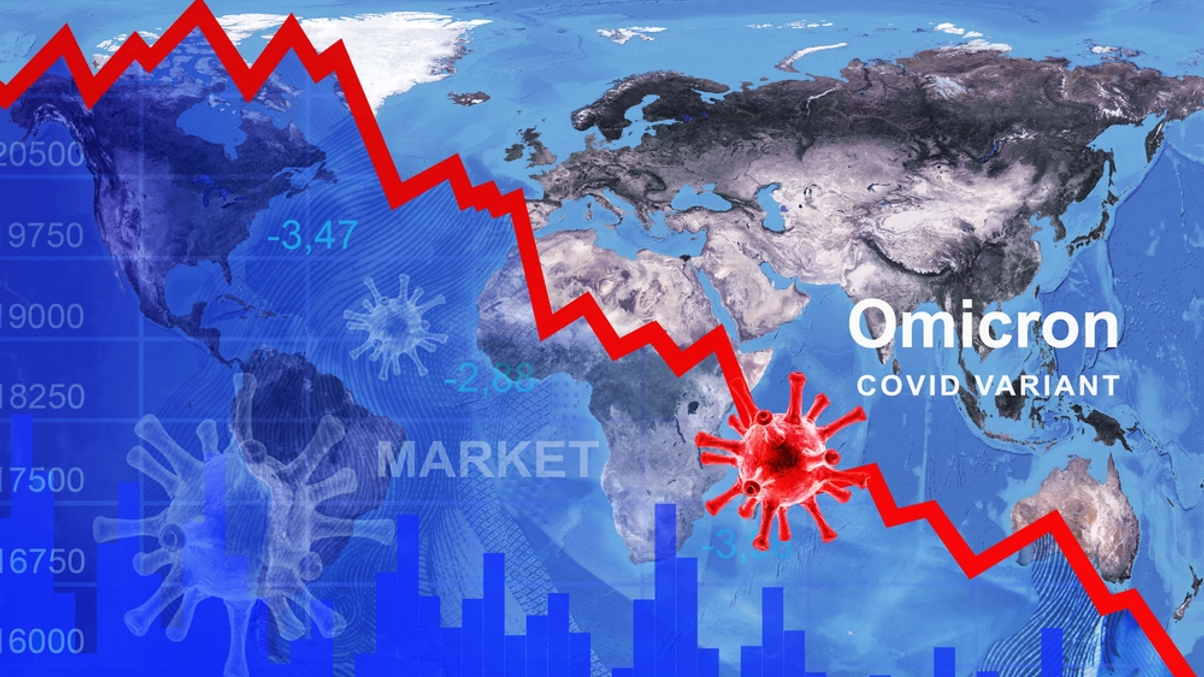Market Views: What are the investment implications of the Omicron variant?
Concerns over the possible impact of the new Omicron variant on the global economic recovery has led to high market volatility over the last week.

Omicron, the latest Covid-19 virus variant, is stifling investor’s visibility and making it difficult to draw strong investment conclusions.
Sign in to read on!
Registered users get 2 free articles in 30 days.
Subscribers have full unlimited access to AsianInvestor
Not signed up? New users get 2 free articles per month, plus a 7-day unlimited free trial.
¬ Haymarket Media Limited. All rights reserved.


